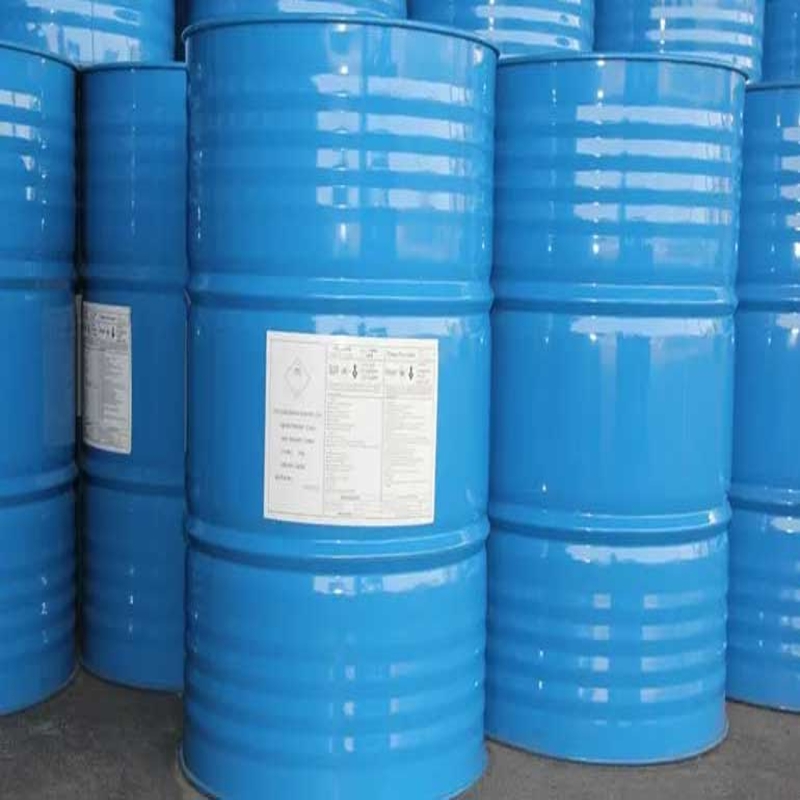-
Categories
-
Pharmaceutical Intermediates
-
Active Pharmaceutical Ingredients
-
Food Additives
- Industrial Coatings
- Agrochemicals
- Dyes and Pigments
- Surfactant
- Flavors and Fragrances
- Chemical Reagents
- Catalyst and Auxiliary
- Natural Products
- Inorganic Chemistry
-
Organic Chemistry
-
Biochemical Engineering
- Analytical Chemistry
-
Cosmetic Ingredient
- Water Treatment Chemical
-
Pharmaceutical Intermediates
Promotion
ECHEMI Mall
Wholesale
Weekly Price
Exhibition
News
-
Trade Service
OECD countries have largely agreed to restrict exports
of coal-fired thermal power technologies.
It was learned on the 18th that the working group meeting of the Organization for Economic Cooperation and Development (OECD) held in Paris basically reached an agreement that in order to cope with global warming, conditions will be set to restrict developed countries to provide government loans
for the export of coal-fired thermal power technology to developing countries.
The restriction targets technologies with high CO2 emissions and low efficiency
.
From January 2017, Japan and other member countries will stop providing financial assistance
by government-affiliated financial institutions in principle.
The 21st Conference of the Parties (COP21) to the United Nations Framework Convention on Climate Change (UNFCCC) will convene
in Paris at the end of this month.
Developed countries' decision to reduce support for coal-fired thermal power at this time will help reach a new framework agreement to reduce emissions at this climate conference
.
At the same time, this change is bound to have an impact
on Japan, which has been actively promoting the export of coal-fired thermal power technology through public-private cooperation.
On the other hand, ultra-supercritical pressure (USC) technology, which is considered to be the most efficient Japanese strength, will continue to gain support
.
The Japanese government said: "Promoting efficient coal-fired thermal power is an effective and realistic climate warming countermeasure
.
This is fully reflected in the agreement and is welcomed
.
”
Coal-fired thermal power technology can be divided into three types
: ultra-supercritical pressure, supercritical pressure and subcritical pressure according to efficiency.
Under the agreement, power stations with an installed capacity of more than 500,000 kilowatts and subcritical and supercritical technologies will no longer be eligible for loan support
.
For supercritical power stations below 500,000 kilowatts and subcritical power plants below 300,000 kilowatts, one of the loan conditions is to limit exports to the poorest countries
.
The Working Group also decided to discuss further restrictions by 2019 based on technological developments and the latest research findings on climate change
.
Japan initially opposed the cap on China, which is not a member of the OECD, because it could increase exports of coal-fired thermal power technology, but has since changed its attitude
in negotiations with the United States and other countries.
South Korea and Australia have also opposed limits
.
OECD countries have largely agreed to restrict exports
of coal-fired thermal power technologies.
It was learned on the 18th that the working group meeting of the Organization for Economic Cooperation and Development (OECD) held in Paris basically reached an agreement that in order to cope with global warming, conditions will be set to restrict developed countries to provide government loans
for the export of coal-fired thermal power technology to developing countries.
The restriction targets technologies with high CO2 emissions and low efficiency
.
From January 2017, Japan and other member countries will stop providing financial assistance
by government-affiliated financial institutions in principle.
The 21st Conference of the Parties (COP21) to the United Nations Framework Convention on Climate Change (UNFCCC) will convene
in Paris at the end of this month.
Developed countries' decision to reduce support for coal-fired thermal power at this time will help reach a new framework agreement to reduce emissions at this climate conference
.
At the same time, this change is bound to have an impact
on Japan, which has been actively promoting the export of coal-fired thermal power technology through public-private cooperation.
On the other hand, ultra-supercritical pressure (USC) technology, which is considered to be the most efficient Japanese strength, will continue to gain support
.
The Japanese government said: "Promoting efficient coal-fired thermal power is an effective and realistic climate warming countermeasure
.
This is fully reflected in the agreement and is welcomed
.
”
Coal-fired thermal power technology can be divided into three types
: ultra-supercritical pressure, supercritical pressure and subcritical pressure according to efficiency.
Under the agreement, power stations with an installed capacity of more than 500,000 kilowatts and subcritical and supercritical technologies will no longer be eligible for loan support
.
For supercritical power stations below 500,000 kilowatts and subcritical power plants below 300,000 kilowatts, one of the loan conditions is to limit exports to the poorest countries
.
The Working Group also decided to discuss further restrictions by 2019 based on technological developments and the latest research findings on climate change
.
Japan initially opposed the cap on China, which is not a member of the OECD, because it could increase exports of coal-fired thermal power technology, but has since changed its attitude
in negotiations with the United States and other countries.
South Korea and Australia have also opposed limits
.







